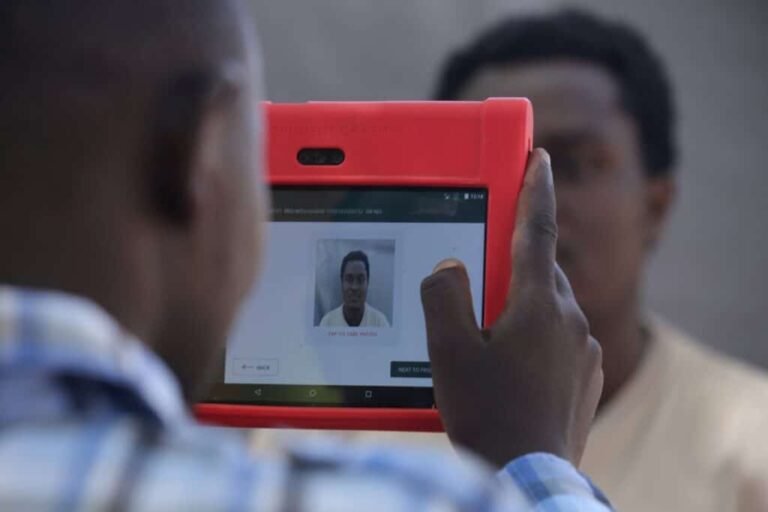Kenya’s High Court has temporarily halted the implementation of Maisha Namba, a proposed digital ID system intended to replace the unsuccessful Huduma Namba, introduced in 2005 as a permanent way of granting personal identification to Kenyan citizens.
High Court Judge, John Chigiti, cited the absence of a data protection impact assessment, as the reason for the pause.
The court ruling states: “The leave granted by the court operates as a stay restraining implementation or further implementation by any person of the respondents’ 1st November 2023 decision to roll out or pilot Maisha Namba, including the digital card, digital ID, unique personal identifier, and a National Master Population Register before and without a data protection impact assessment, per section 31 of the Data Protection Act.”
Implementing Maisha Namba
Maisha Namba was introduced by the state under the leadership of ICT Minister Eliud Owalo, who argued that the previous digital ID program, Huduma Namba, was flawed and failed to effectively communicate its purpose to the Kenyan population. The Huduma Namba project, costing the state KES 10 billion, faced criticism from various digital rights groups before being abandoned.
In an attempt to address the shortcomings of the previous initiative, the new administration led by President William Ruto proposed Maisha Namba, while intending to commence pilot tests in December 2023. However, the project encountered resistance from the public, including concerns about insufficient public participation.
Digital rights groups, such as Access Now and the Kenyan Human Rights Commission, also questioned whether the government had conducted a robust data protection impact assessment before launching the Maisha Namba service. In a joint statement, the rights groups emphasized the importance of a transparent, inclusive, and human-rights-centred design and implementation process for a project of this magnitude.
The digital rights groups were also concerned about transparency of the project, a questionable legal basis, limited nationwide public participation, and uncertainties related to data protection. Additionally, the absence of an evaluation of risks associated with the potential exclusion of many Kenyans and the rapid planned roll-out were highlighted as key concerns.




